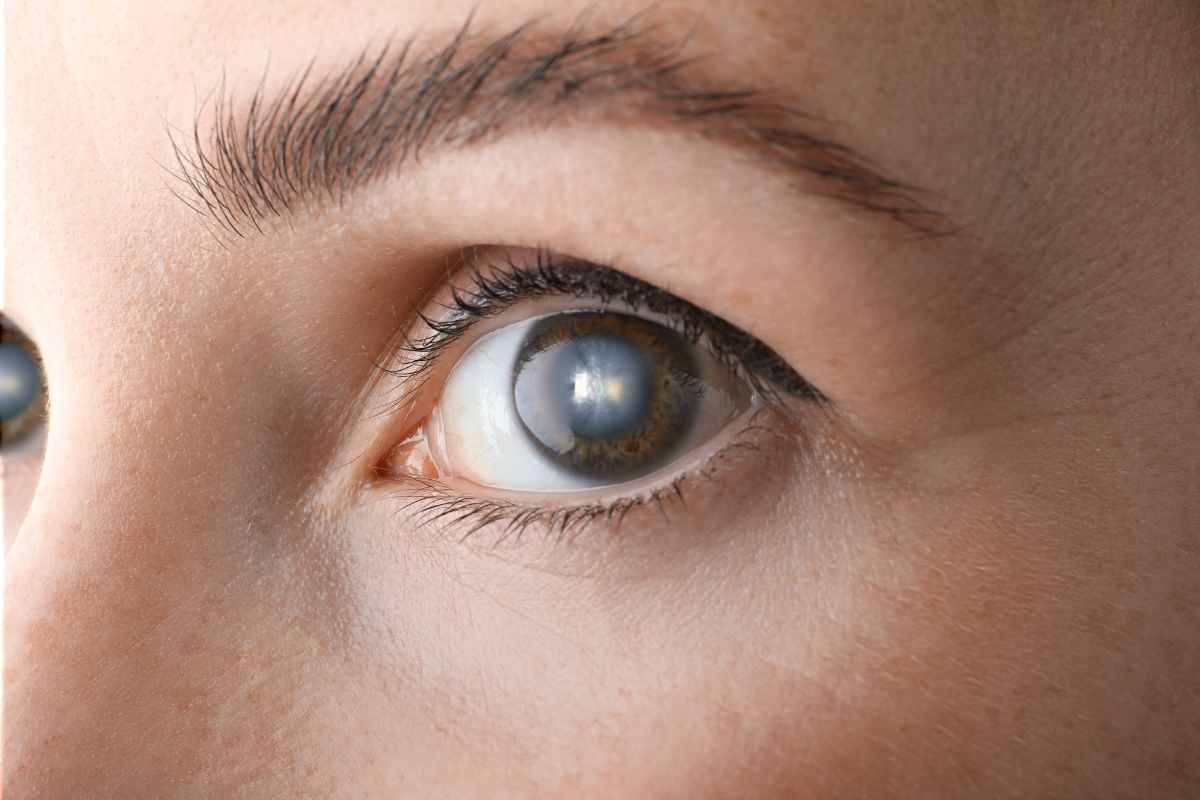Does Cataract Surgery Affect Your Lifestyle?

Cataract is a common eye condition in people at or around 50 years. Certain lifestyle habits or diseases can trigger cataract symptoms. It includes smoking or alcohol consumption and diabetes or eye injury, respectively.
Cataract symptoms can be blurry vision, double vision, or colour fading. To relieve your eyes from vision difficulty, doctors recommend cataract surgery as the most effective cataract treatment. This surgery is a transformative procedure and transforms your life by restoring vision and fostering a renewed sense of independence and well-being. As the cataract progresses, it impacts your daily activities. However, a successful cataract operation brings back a vibrant and fulfilling lifestyle.
So, this blog is a comprehensive guide about cataract treatment and the way it affects your lifestyle.
What Happens in Cataract Treatment?
When you decide to undergo cataract eye surgery, it is imperative to know about the whole procedure. Here are the steps that eye care professionals follow for cataract treatment:
- Preparation
Before surgery, eye specialists perform a comprehensive eye examination to assess the severity of the cataract. This helps determine the most suitable treatment plan.
- Anaesthesia
Local anaesthesia is administered to ensure comfort during the procedure while keeping you awake.
- Incision
A small incision is made in the eye, providing the surgeon access to the clouded lens.
- Lens Fragmentation
Specialised tools like ultrasound or lasers are used to break the cloudy eye lens into smaller, manageable pieces.
- Lens Removal
The fragmented lens is gently suctioned out of the eye, leaving behind a clear capsule.
- IOL Insertion
Based on your needs, an artificial intraocular lens (IOL) is selected and inserted through the same incision. It is then placed within the eye to restore vision.
- Closure
The incision is self-sealing or closed with tiny stitches, promoting healing after the cataract eye surgery.
- Post-operative Care
Your condition will be monitored for a brief period by doctors, who will give you instructions for post-cataract surgery care, including prescribed medications and follow-up appointments.
How Cataract Surgery Impacts Your Lifestyle?
Blurred vision can reduce your capability to perform multiple tasks or perceive the beautiful world around you. Cataract operation can affect your lifestyle in the following ways:
1. Visual Clarity
Cataract surgery is a gateway to clearer sight. Post-surgery, patients often experience a remarkable improvement in visual acuity. It allows them to engage in activities that were once hindered by blurry vision. The restoration of clear vision enhances their ability to read, drive, or perform daily tasks.
2. Rekindling Hobbies and Activities
Vision loss due to cataracts often forces individuals to sideline their hobbies and activities. After surgery, they may develop interests as they rediscover the joy of pursuing hobbies, whether it’s painting, gardening, playing sports, or engaging in social activities. It adds depth and fulfilment to their daily lives.
3. Mental Well-being
Living with impaired vision can impact mental health, leading to increased stress and diminished confidence. By restoring your vision, cataract eye surgery improves mental well-being and boosts confidence levels.
4. Increased Productivity
The ability to see clearly improves efficiency and productivity in both professional and personal endeavours. Clearer vision after cataract surgery reduces the likelihood of errors when performing tasks, whether it’s professional responsibilities or managing household chores. Thus, it contributes to a smoother and more efficient workflow.
5. Sustained Focus
After cataract surgery, individuals often experience improved concentration and focus. This enables them to stay engaged in tasks for long durations without experiencing eye strain or fatigue, thereby enhancing productivity.
Tips to Take Care at Home Eyes After Cataract Treatment
When you return to your home after cataract eye surgery, you need to prioritize your eye care at home. Here are some tips to follow:
- Keep it Clean
Follow proper hygiene by washing hands before touching your eyes or applying medications.
- Rest Well
Allow adequate rest to aid healing and avoid strain on the eyes after cataract operation.
- Avoid Water Contact
Protect your eyes from water splashes during bathing to prevent infection.
- Moderate Screen Time
Limit screen use to reduce eye strain, taking breaks to rest your eyes.
- Comfortable Environment
To aid in your recovery after the cataract operation, ensure a well-lit, dust-free, and comfortable atmosphere at home.
If you experience symptoms such as double vision or cloudy vision, these can be obvious signs of cataract. It is important to address these concerns at the earliest and undergo cataract surgery. Beyond the medical aspect, cataract treatment can refill your life with happiness and cherished moments.
With clearer vision comes renewed independence, rekindled passions, and an uplifted spirit. It allows individuals to step ahead with confidence. If you want the right medical support for cataract treatment, head towards Dr Agarwal’s Eye Hospital. They have a huge team of veteran experts who accompany you from eye examination to post-operative care.
For decades, they have been serving their patients to provide an effective solution for different eye conditions.
If you want customised cataract treatment, book your appointment with Dr Agarwal’s Eye Hospital today!












